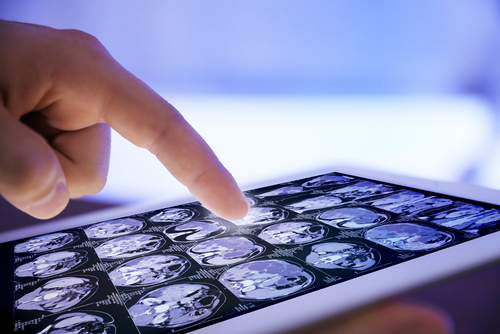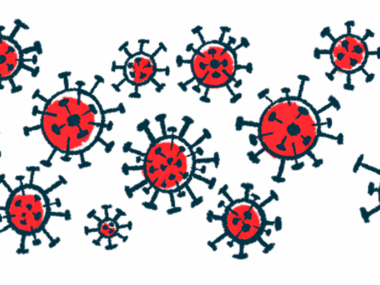PoNS Tongue Stimulator, Designed to Ease Neuroplasticity, Recommended for ISO Certification
Written by |

Helius Medical Technologies‘s Portable Neuromodulation Stimulator (PoNS), a device being developed to treat neuroplasticity in people with multiple sclerosis (MS) and other neurological diseases, has been recommended for ISO 13485 certification, an international standard of quality management for medical devices, after a positive evaluation by Lloyd’s Register Quality Assurance Limited (LRQA).
This certification defines quality management system requirements for manufacturers of medical devices to ensure they meet both user and regulatory demands.
PoNS is a non-invasive device that allows the delivery of neurostimulation through the tongue. The device, developed by scientists at the University of Wisconsin-Madison Tactile Communication and Neurorehabilitation Laboratory (TCNL), is based on the concept that the tongue is a natural, direct way to stimulate the brain, as it is rich in nerve fibers and connected by two major cranial nerves to the brainstem. PoNS is being developed as a therapy for the treatment of chronic neurological symptoms of trauma or disease, including MS.
LRQA, an independent provider of business assurance services, including management system certification, determining that a company meets the criteria for ISO 13485 certification. Such certification constitutes a regulatory landmark in the commercialization process.
“The ISO 13485 certification illustrates our commitment to quality, our ability to reach milestones required for product commercialization and, above all, our dedication to seeing PoNS™ Therapy through to approval,” Joyce LaViscount, CFO/COO of Helius, a wholly owned subsidiary of NeuroHabilitation, said in a press release.
Helius soon plans to apply for a CE (Conformité Européenne) Mark, a certification granted to products that meet the European Union’s health, safety, and environmental standards, for PoNS, and for similar approval in the United States with the U.S. Food and Drug Administration (FDA). The company will also apply for licensing in Canada and Australia.
In June, Helius reported positive results in a pilot efficacy study demonstrating the benefits of a combination of the PoNS device with physical therapy in patients with advanced MS. The therapeutic combination was assessed in six patients with Expanded Disability Status Scale (EDSS) scores of 6.5 to 7.5 (EDSS score range is 0–10). Patients used the PoNS device and physical therapy for six months to target balance, postural stability, and walking movement or gait. As reported by Multiple Sclerosis News Today, the treatment was seen to improve the patients’ quality of life, as well as physical and cognitive abilities.
PoNS’ efficacy is currently being assessed in a clinical (NCT02158494) in patients with balance disorder as a result of a traumatic brain injury.





